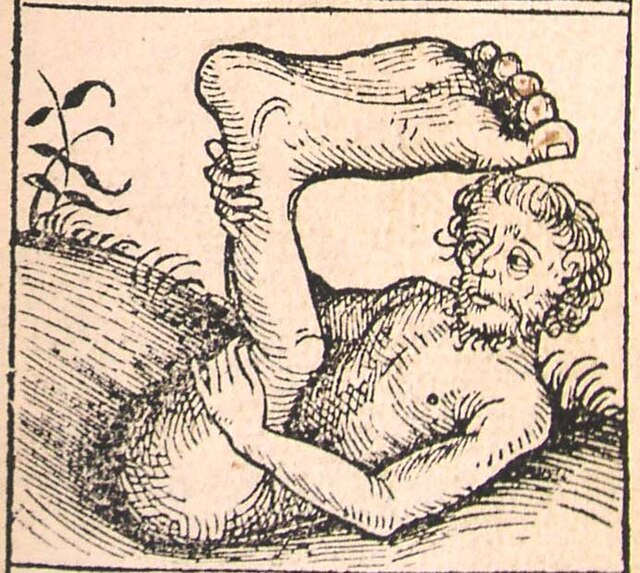Infinite photos and videos for every Wiki article ·
Find something interesting to watch in seconds
Celebrities
World Banknotes
Kings of France
Countries of the World
Sports
Wonders of Nature
Ancient Marvels
Rare Coins
Animals
British Monarchs
Presidents
Richest US Counties
History by Country
Largest Palaces
Supercars
Great Cities
Tallest Buildings
Great Museums
Famous Castles
Crown Jewels
Largest Empires
Great Artists
Best Campuses
Recovered Treasures
Wars and Battles
Orders and Medals
more top lists





